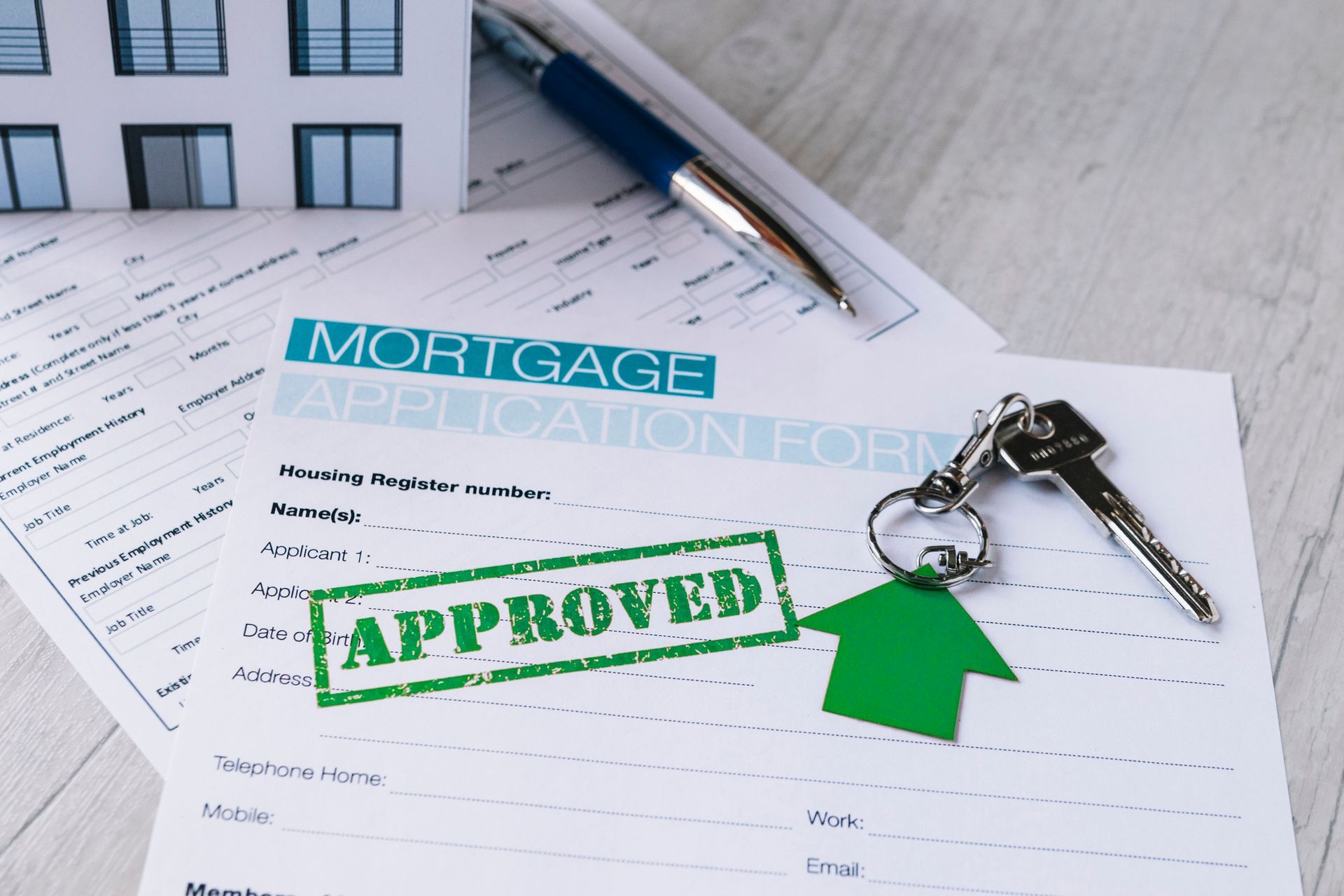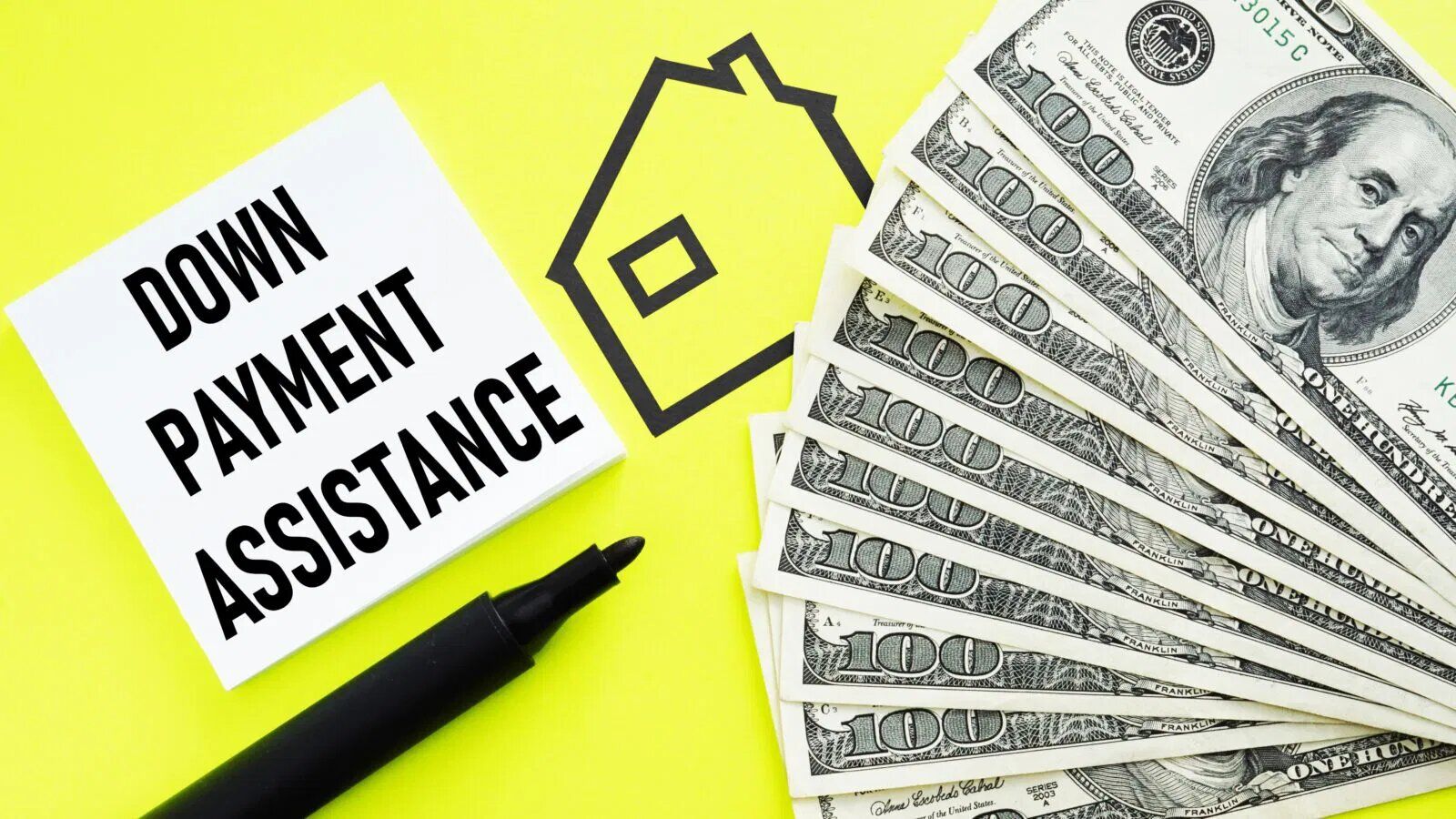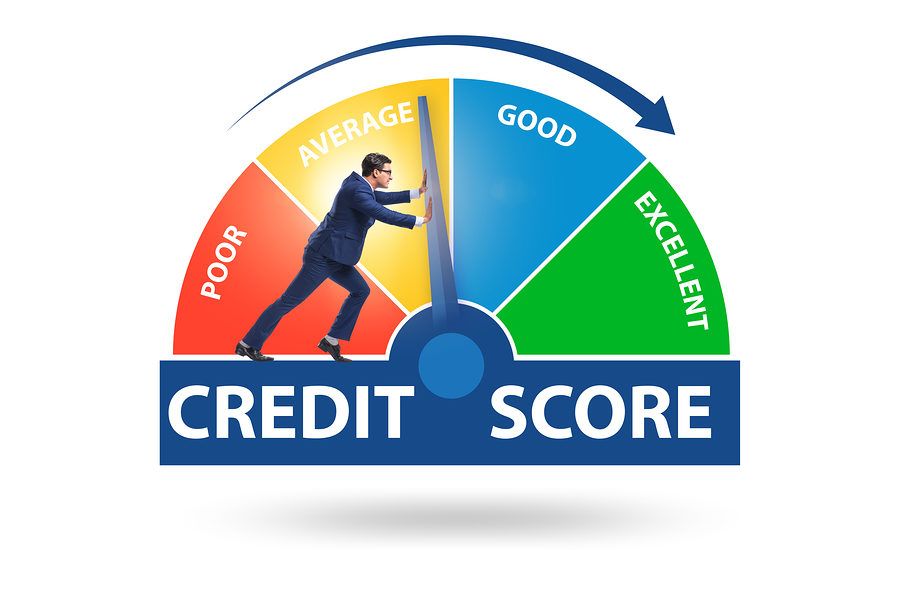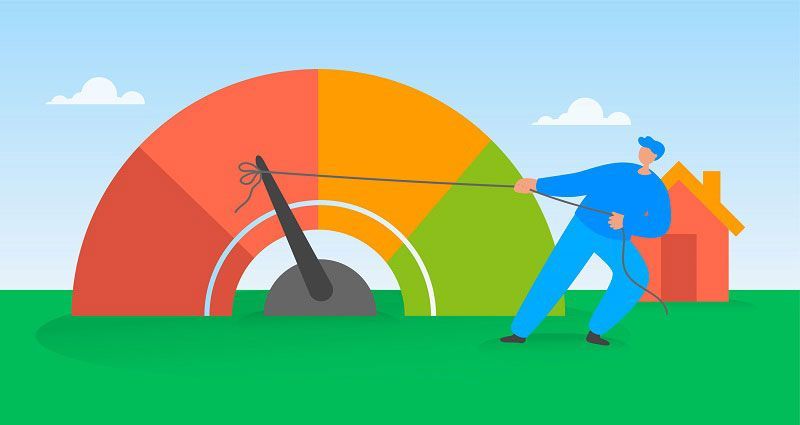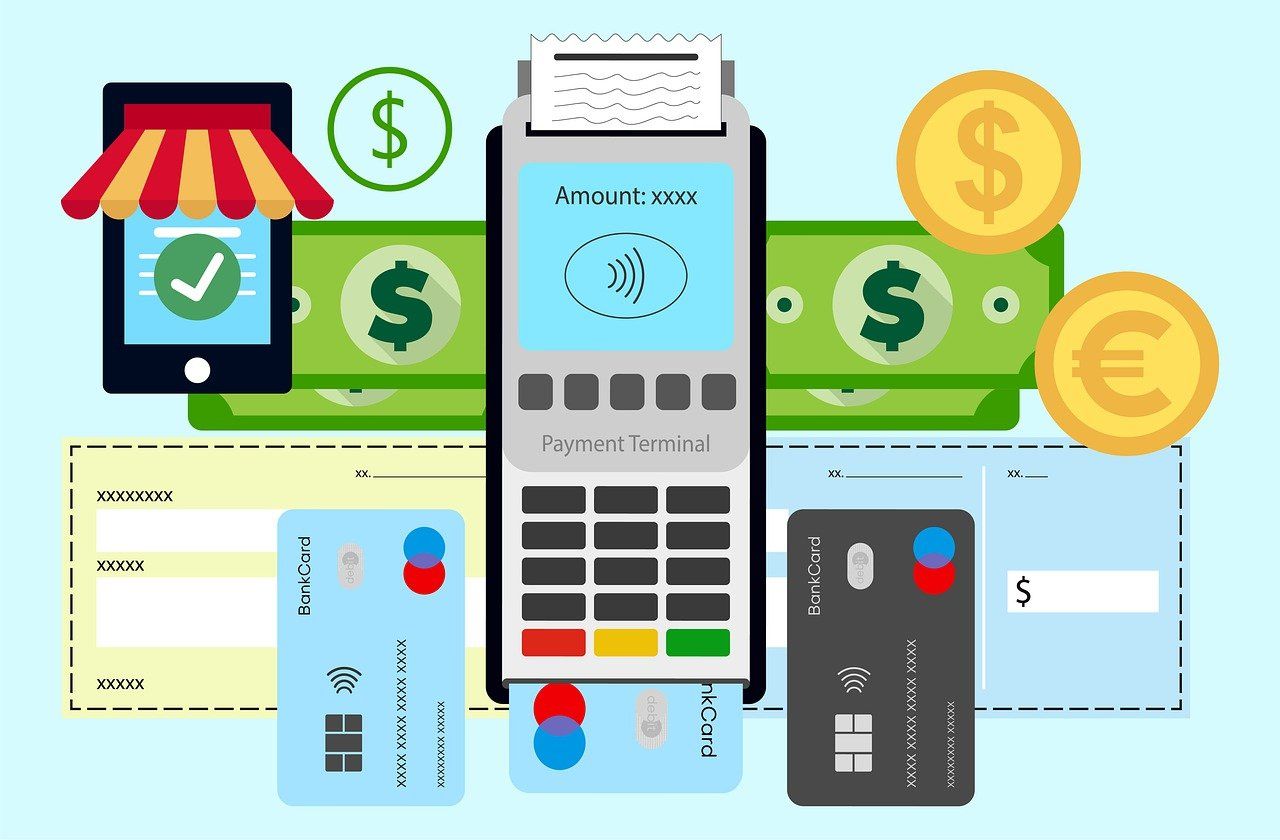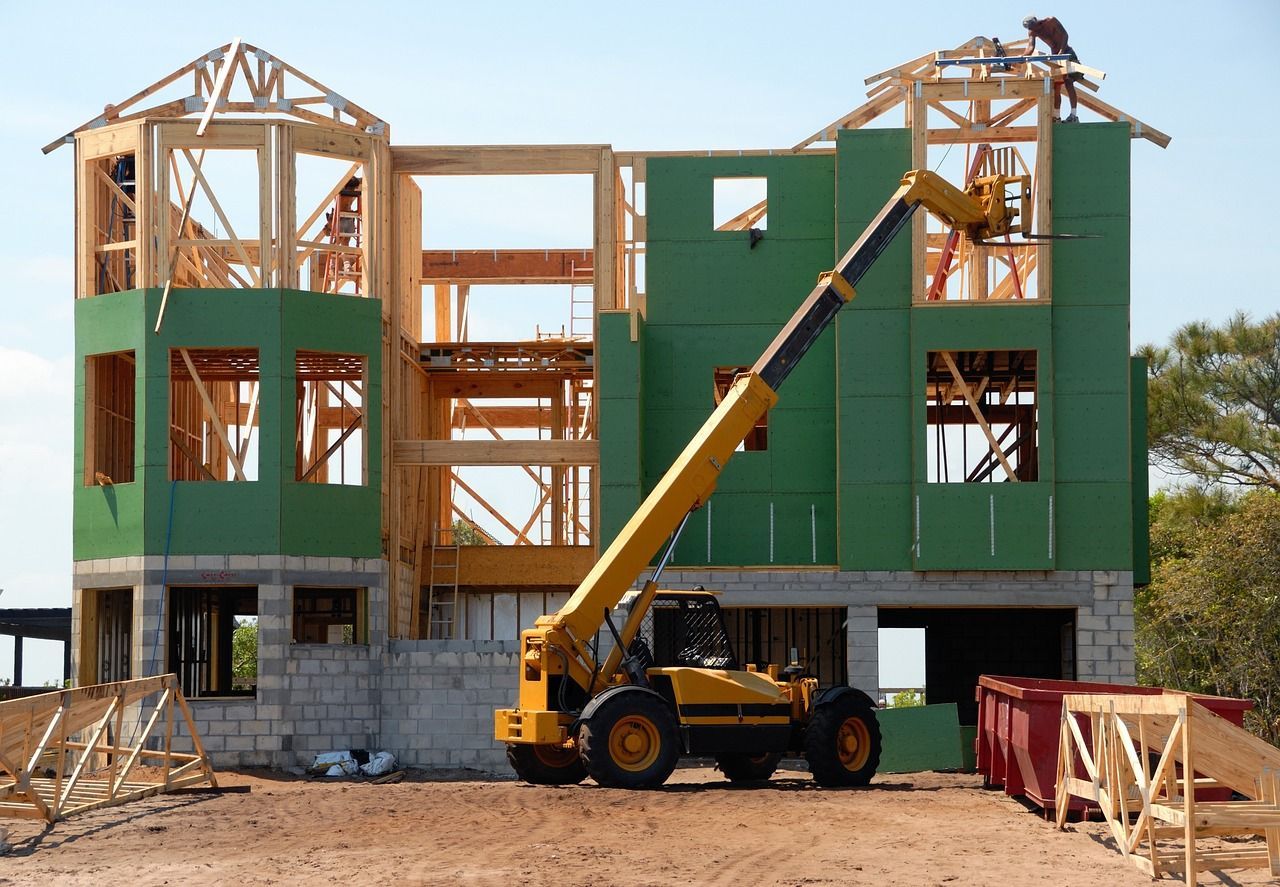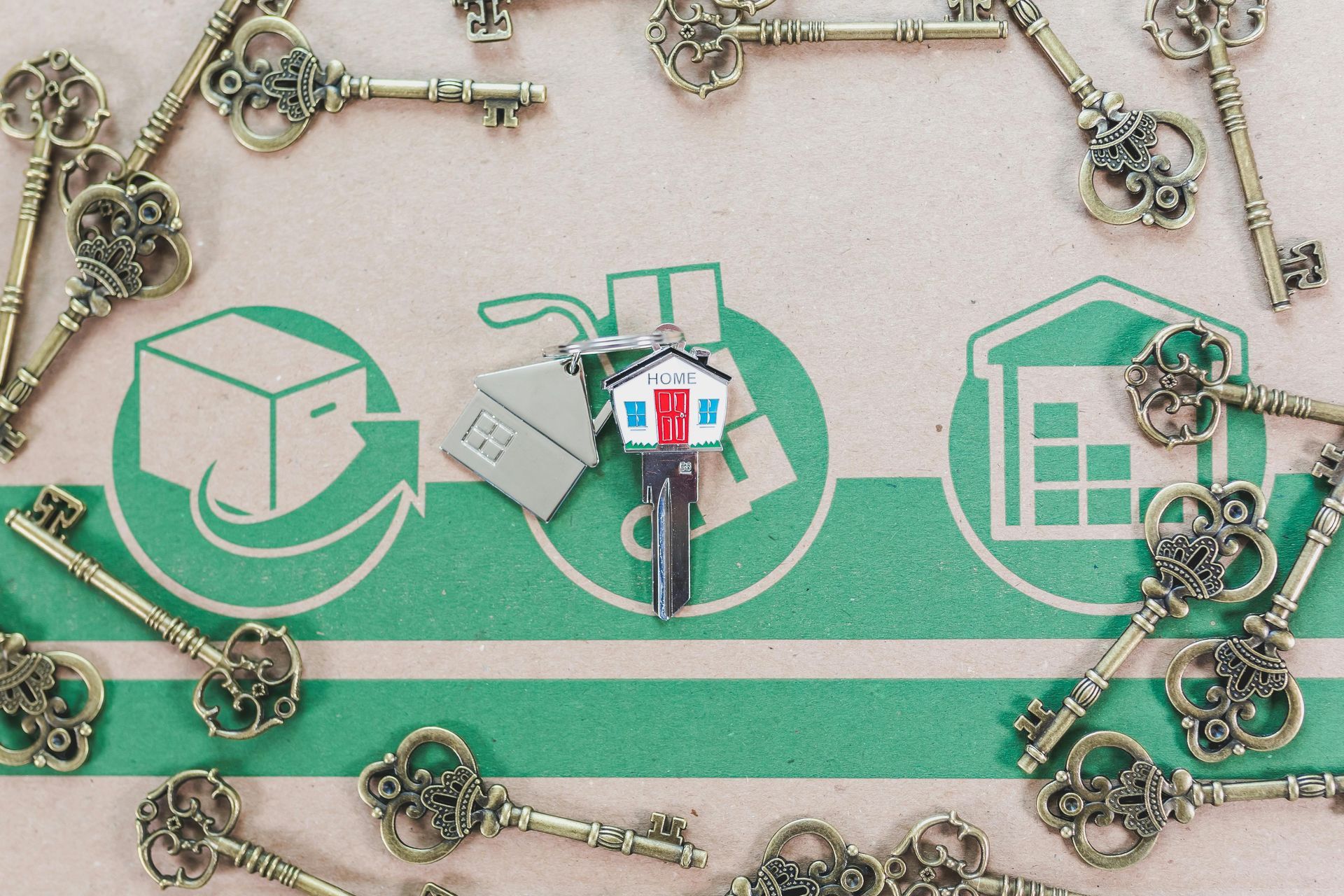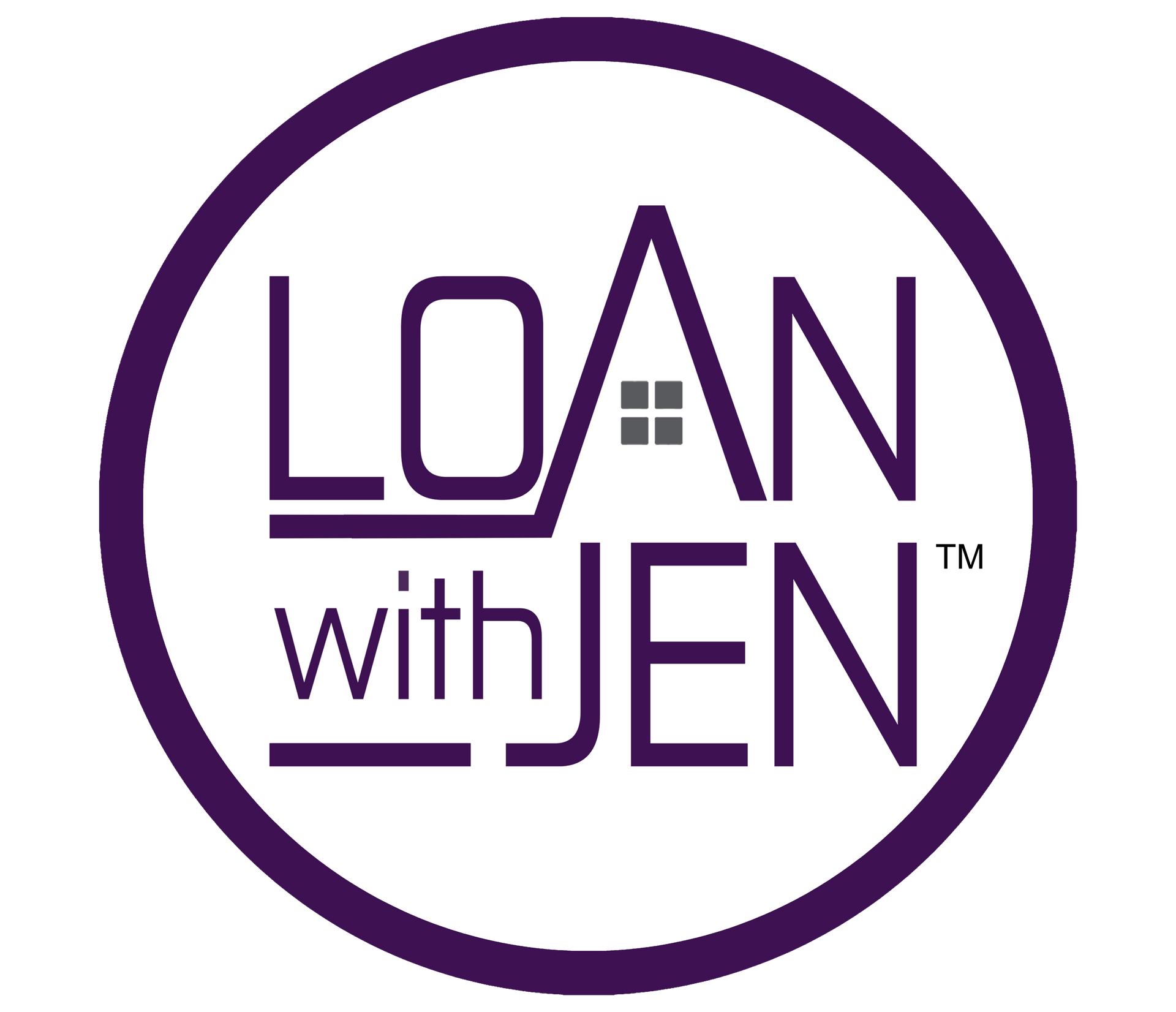By Jennifer Hernandez
•
December 21, 2024
Buying a home is an exciting milestone. Whether it’s your first home, a move up home, or time to downsize, making changes, big changes in your life are exciting. However, it can also feel overwhelming—there are a lot of people involved, choices to make and time involved in making a move. With 29 years of experience in the mortgage industry and over 4,700 happy clients served, I’ve seen it all. Based on my experience, I’ve compiled 8 essential tips to ensure a smooth and successful home-buying journey. Whether you’re a first-time buyer or a seasoned homeowner, these tips will help you navigate the process with ease. 1. Start Early The number one mistake I see homebuyers make is waiting too long to get started. Whether you’re buying your first home, upgrading to a bigger property, or even refinancing, timing is everything. Ideally, start preparing at least six months in advance to give yourself time to resolve any potential hurdles. Improving your credit score or saving for a down payment doesn’t happen overnight. You are going to need time to look at houses, pair down your desires vs. needs in a house, and put plenty of time into narrowing down or expanding your search criteria. The last thing we want to happen is that you call your lender, ready to make an offer on the “perfect house,” only to find out that you need another 6 months to fix a credit or financial issue. If you’re a Houston resident looking to buy in a competitive market, starting early is even more critical. Houston’s real estate market, today in 2024-2025, moves quickly, and homes often receive multiple offers within days of being listed. For updated Houston housing trends, check out HAR’s Housing Market Reports . 2. Be Prepared with Documents When it comes to home financing, preparation is key. Most mortgage lenders require the following documents: Two months of bank statements Two recent pay stubs Two years of W-2s or tax returns (depending on your employment situation) A valid driver’s license I like to call it the “222 Rule” – two of everything. Be ready to provide these upfront for the fastest loan processing possible. This will get you a pre-approval , the document you need to provide with all offers you make, so that sellers know you are a serious buyer. 3. Communicate Transparently Full transparency with your lender is essential. Even small details, such as a change in employment or an undisclosed property, can derail or boost your loan approval. Remember, lenders will verify all financial and employment details, so it’s better to provide complete and honest information from the start. If you’re unsure how a specific change in your finances might impact your loan, consult with a trusted local mortgage expert. Houston-area lenders can guide you through market-specific challenges, such as flood zone designations or local tax rates. The sooner you reach out to a lender, the sooner we can help you clear up any questions or barriers to getting you a loan! 4. Don’t Delay Once You’re Under Contract Once you’ve signed a contract on a home, time is of the essence! Contracts include deadlines for financing approval and inspections, which are typically tight. Houston’s real estate market is particularly fast-paced, so make it a priority to secure your financing and complete all necessary steps within the first few days of being under contract. The best rule to follow is, if you are looking at properties, then you need to be in contact with your lender. Don’t wait until you are under contract to let your lender know. They can be a valuable asset to you as you are making offers. For details about the timeline when buying a home, my 6 minute video explains it all for you. 5. Expect Bumps in the Road No real estate transaction is completely perfect. Typical challenges during the transaction are unexpected inspection findings (roof, HVAC, dryrot, etc), title issues, or last-minute documentation needs. However, with the right team—your realtor, lender, and title company—these obstacles can usually be resolved quickly. My biggest piece of advice, again, is to partner with professionals who know the local market you arr buying in. Choose experts. For example, many neighborhoods in Houston, such as The Heights or Meyerland, have unique property considerations, including historical designations or flood risks. For flood zone resources, visit the FEMA Flood Map Service Center . 6. Respond Quickly to Requests Home buying involves a lot of communication between you and your lender, your realtor, and the title company. Whether it’s signing documents or providing updated pay stubs, quick responses are critical to avoid delays. When you get a request, complete the task immediately. If you get a phone call from anyone on your team, answer the call. They have a reason for reaching out, and if there is a task involved, there is usually a deadline attached to it. To stay organized, create a dedicated rule in your email account to funnel communications from your lender and realtor into a specific folder. Create a rule that all emails from your team are important. You can give your realtor, title company and lender special rings on your phone so you know without looking, the call is about your new home. 7. Avoid Cash Deposits and Major Financial Moves During the loan approval process, cash deposits, large financial transactions, and credit inquiries can raise red flags. Lenders are required to verify the source of all funds, and unsourced cash can cause significant delays. If you are someone who saves your money in your mattress and is now ready to deposit it into a bank to make a downpayment on your new home, you could run into trouble. Talk to a lender NOW, about when to deposit that money into the bank. Similarly, switching jobs or taking on new debt can derail your application entirely. Do not open any new credit card or credit accounts when you start looking for a house. Do not spend your savings during the purchase period. Every amount you have has been calculated to give you the best interest rate, monthly payment and terms. If you change your credit or savings amounts, it will change everything. If you’re planning to make any financial moves during this time, consult your lender first. If you are ready to talk to me about getting pre-approved for a loan, set a 15 minute introductory call with me.




